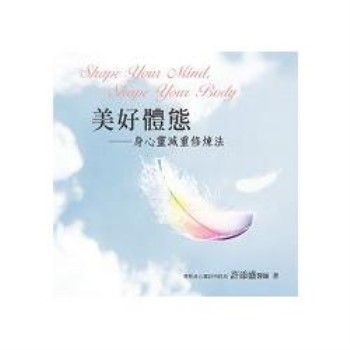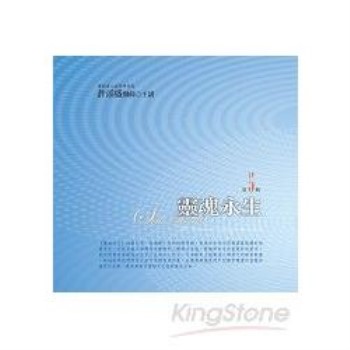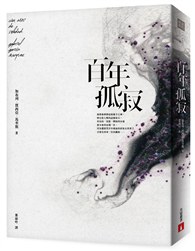This book transforms our understanding of a fifteenth-century musical revolution. Renaissance composers developed fresh ways of handling musical flow in pursuit of intensifications, unexpected explosions, dramatic pauses, and sudden evaporations. A new esthetics of opposition, as this study calls it, can be contrasted with smoother and less goal-oriented approaches in music from before - and after - the period ca. 1425-1520. Casting wide evidentiary and repertorial nets, the book reinterprets central genres, theoretical concepts, historical documents, famous pieces, and periodizations; a provocative concluding chapter suggests that we moderns have tended to conceal the period’s musical poetics by neglecting central evidence. Above all the book introduces an analytical approach sensitive to musical flow and invites new ways of hearing, performing, and thinking about music from Du Fay to Josquin.
| FindBook |
有 1 項符合
The Art of Counterpoint from Du Fay to Josquin的圖書 |
 |
The Art of Counterpoint from Du Fay to Josquin 作者:Rodin 出版社:Cambridge University Press 出版日期:2024-12-12 語言:英文 規格:精裝 / 普通級/ 初版 |
| 圖書館借閱 |
| 國家圖書館 | 全國圖書書目資訊網 | 國立公共資訊圖書館 | 電子書服務平台 | MetaCat 跨館整合查詢 |
| 臺北市立圖書館 | 新北市立圖書館 | 基隆市公共圖書館 | 桃園市立圖書館 | 新竹縣公共圖書館 |
| 苗栗縣立圖書館 | 臺中市立圖書館 | 彰化縣公共圖書館 | 南投縣文化局 | 雲林縣公共圖書館 |
| 嘉義縣圖書館 | 臺南市立圖書館 | 高雄市立圖書館 | 屏東縣公共圖書館 | 宜蘭縣公共圖書館 |
| 花蓮縣文化局 | 臺東縣文化處 |
|
|
圖書介紹 - 資料來源:博客來 評分:
圖書名稱:The Art of Counterpoint from Du Fay to Josquin
|





![塔木德:猶太人的致富聖經[修訂版]:1000多年來帶領猶太人快速累積財富的神祕經典 塔木德:猶太人的致富聖經[修訂版]:1000多年來帶領猶太人快速累積財富的神祕經典](https://media.taaze.tw/showLargeImage.html?sc=11100697818)





